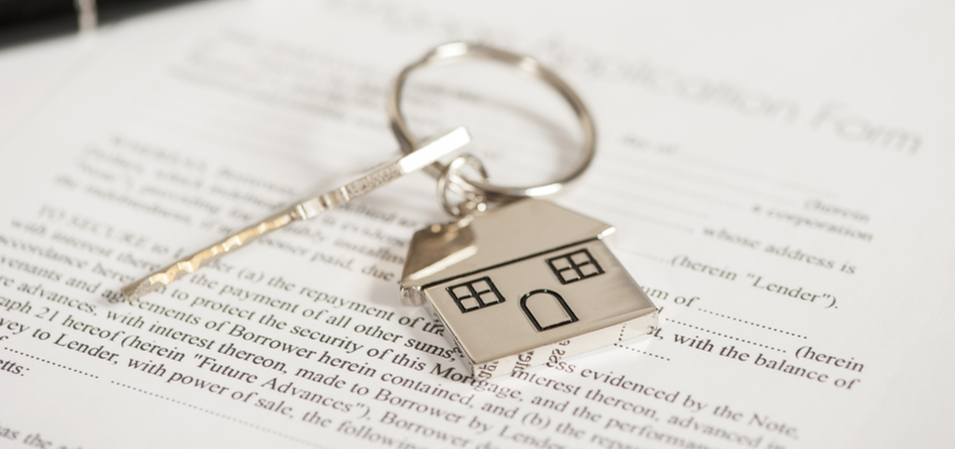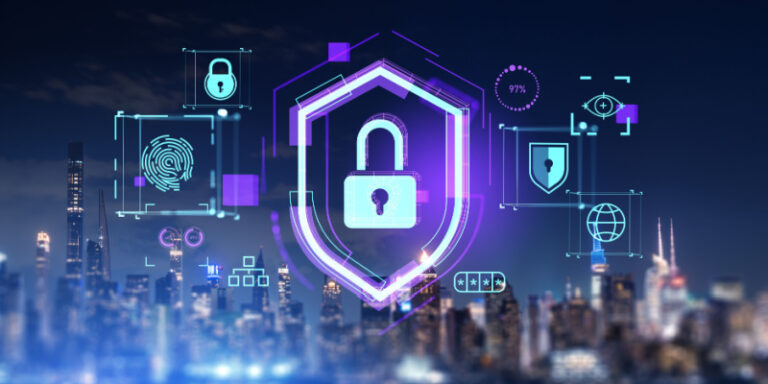When it comes to comparing homeowner’s insurance policies and finding the best deal, a comprehensive checklist can be a valuable tool. Homeowners insurance is essential for protecting your most significant investment, and with so many options available, it can be overwhelming to choose the right policy. Here are the key elements you should consider to ensure you get the best coverage at the best price. First, evaluate the coverage types and limits. Homeowners insurance typically covers dwelling, personal property, liability, and additional living expenses. Ensure that the policy covers the replacement cost of your home, not just its market value. Personal property coverage should also be sufficient to replace your belongings in the event of a loss. Assess the liability coverage to ensure it is adequate to protect you from lawsuits due to accidents or injuries on your property. Additionally, consider if the policy offers coverage for living expenses if your home becomes uninhabitable due to a covered peril.

Next, scrutinize the exclusions and limitations of each policy. Every insurance policy has exclusions, and it is crucial to understand what perils or damages are not covered. Common exclusions include floods, earthquakes, and mold damage. You may need to purchase additional endorsements or separate policies to cover these risks. Also, review the limitations on high-value items like jewelry, art, or electronics. Policies often have sub-limits for these items, so you might need a rider to ensure they are fully covered. Another critical factor is the deductible amount. The deductible is the amount you pay out of pocket before the insurance kicks in. Higher deductibles generally mean lower premiums, but ensure you choose a deductible that you can afford in the event of a claim. Consider your financial situation and the potential risks to find a balance between the deductible and the premium. Investigate the insurance company’s reputation and customer service. Research the insurer’s financial stability through ratings from agencies like A.M. Best or Standard & Poor’s. A financially stable company is more likely to pay out claims promptly and without hassle.
Additionally, read customer reviews and check for complaints with the Better Business Bureau to gauge the company’s customer service quality. You want an insurer that is responsive and fair when you need to file a claim. Do not forget to explore discounts and bundling options and visit the website https://bundlebeeagency.com/homeowners-insurance/. Many insurers offer discounts for various reasons, such as installing security systems, being claim-free, or having a new roof. Bundling your homeowners insurance with other policies, like auto insurance, can also lead to significant savings. Ask about all available discounts and see how they impact your premium. Finally, obtain and compare quotes from multiple insurance providers. Use online comparison tools or work with an independent insurance agent to get several quotes. Ensure that you compare policies with similar coverage levels, deductibles, and limits. This apples-to-apples comparison will help you identify the best deal. In conclusion, finding the best homeowners insurance policy requires careful consideration of coverage types, exclusions, deductibles, the insurer’s reputation, discounts, and obtaining multiple quotes.
